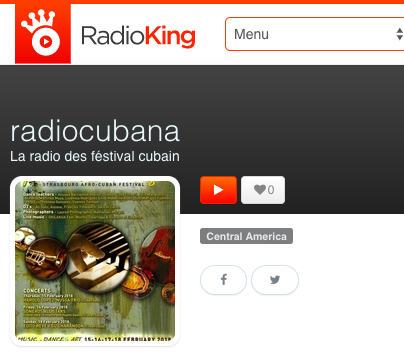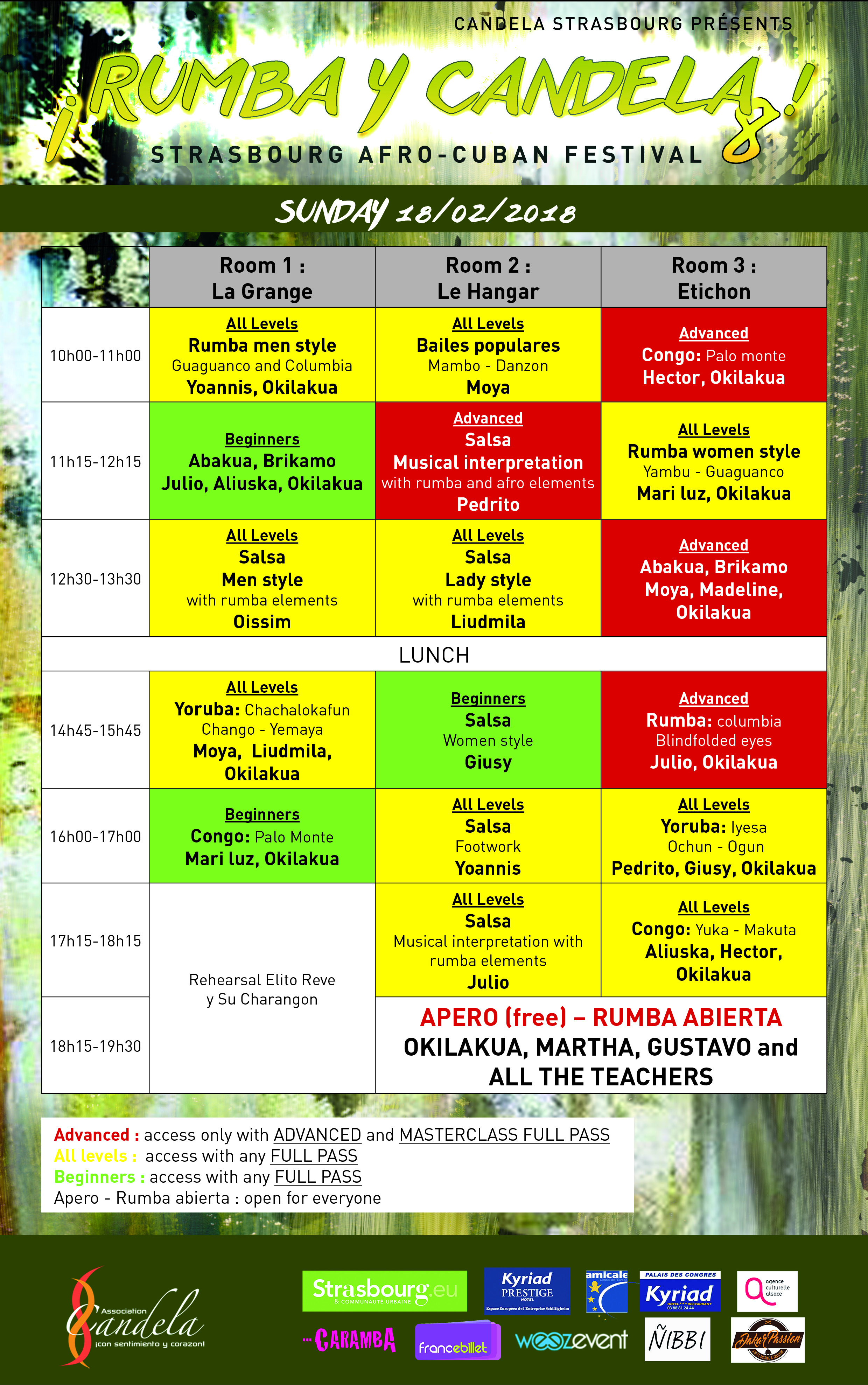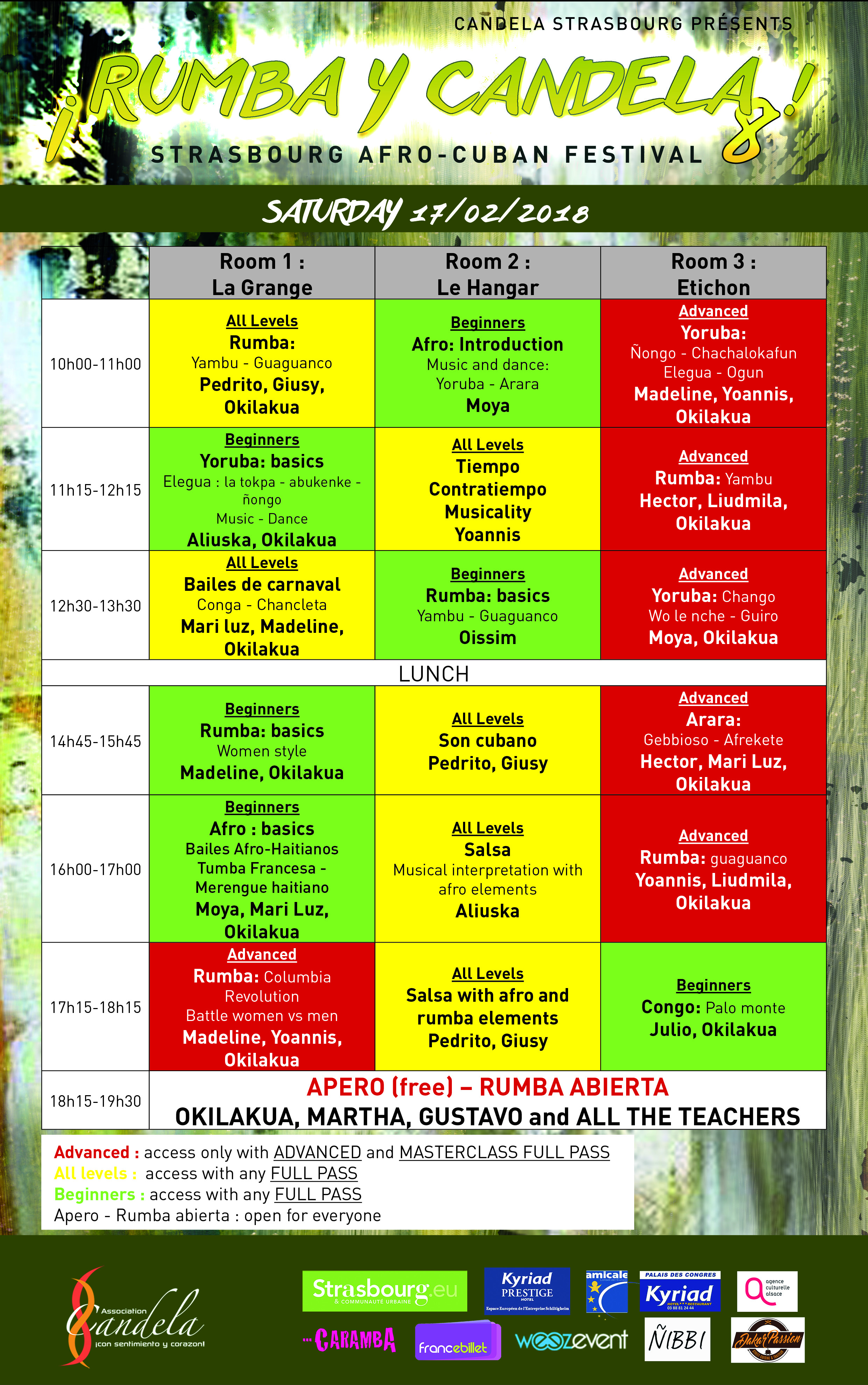In Cuba, the music and movements of rumba are mainly associated with African culture. In addition to that they feature elements from Antillean culture and Spanish flamenco. Historically, rumba in Cuba developed in marginal neighbourhoods of cities in Cuba like Havana and Matanzas, near other ports and towns and grew especially popular in rural areas where communities of African slaves lived. Spreading from the west to the east of the country, it has been a major symbol of a marginal layer of Cuban society and identity, acting as an expression of self-esteem and resistance and tool for social outreach, helping to enrich the lives of practising communities. Verbal and non-verbal forms of communication such as chants, gestures, handclapping, dance and specific body language are part of the practice. Instruments, either percussion or simply utensils from the home or work, are part of the practice. A festive atmosphere develops where the performers, working within specific cultural codes, and the audience begin to interact. The dances and chants evoke a sense of grace, sensuality and joy that aims to connect people, regardless of their social and economic background, gender or ethnicity. The practice of rumba in Cuba has been transmitted over generations by imitation within families and neighbourhoods. *
A literal translation of Spanish expression “rumba abierta” means an open rumba. The term therefore implies improvisation and accessibility to everyone. This will be the opportunity to, in a festive atmosphere, share moments of dance, music and laughter. This rumba abierta will be animated by OKILAKUA, a music group from Toulouse, consisting of talented Cuban and French musicians. To brighten up the party, the Association will offer an aperitif.
This rumba abierta is free of charge and ope to everyone. It will take place on Saturday, 17th of February and Sunday, 18th of February 2018 at 18h00 at the Cour de Honau.
* Source: https://ich.unesco.org/fr/RL/la-rumba-a-cuba-melange-festif-de-musiques-et-de-danses-et-toutes-les-pratiques-associees-01185







